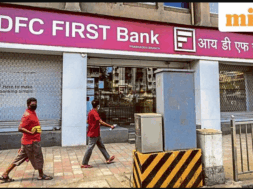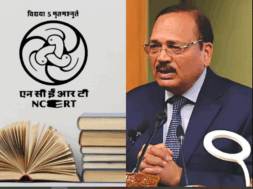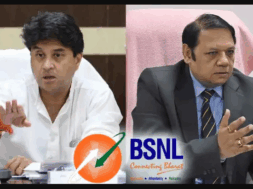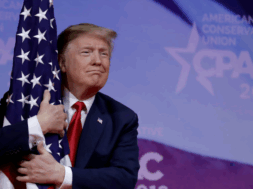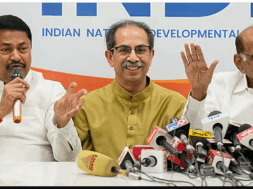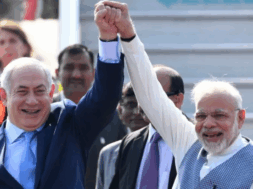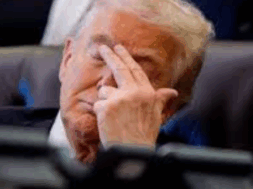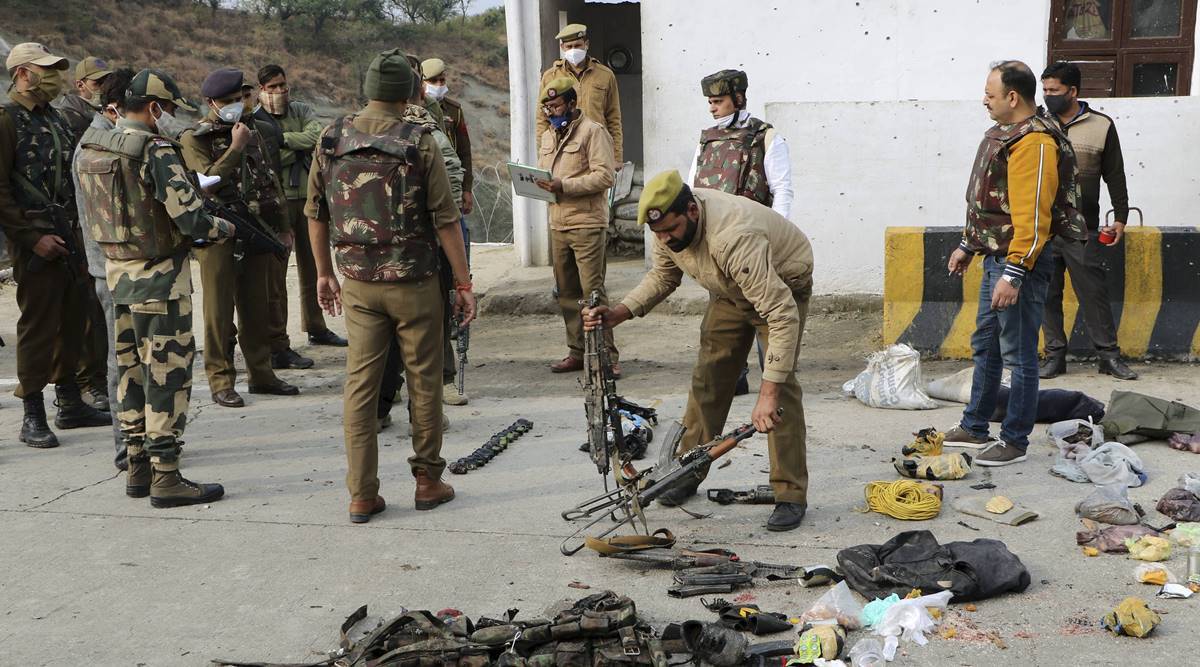
Manas Dasgupta
NEW DELHI, Nov 21: There had been tale-tale evidences of Pakistan’s involvement in the foiled terror attack in Nagrota where four alleged activists of the Jaish-e-Mohammed (JeM) were killed by the Indian security forces and large caches of arms and ammunitions recovered from the truck they were travelling laden with apples.
The official sources said the alleged terrorists were receiving instructions from the younger brother of JeM chief Masood Azhar, carried mobiles manufactured by a Pakistani company, medicines found on them were manufactured in Karachi and wore shoes made in Pakistan.
Some of the text messages like “where are you? Where have you reached? Is there any problem?” and such querries were received by the terrorists on a digital mobile radio manufactured by a Pakistani company Micro Electronics. The terrorists had been in touch with their handlers in Pakistan over smartphones manufactured by Q Mobile, a Pakistani company.
According to official sources, initial data from a global positioning system (GPS) device and mobile phones carried by the four terrorists showed that they were in touch with the JeM operational commanders Mufti Rauf Asghar and Qari Zarar with the objective of wreaking havoc in the Valley. Mufti Asghar is the younger brother of JeM chief and UN designated global terrorist Masood Azhar.
Indian external affairs ministry on Saturday summoned Pakistan’s senior-most diplomat in New Delhi Aftab Hassan Khan, the charge d’ affaires at the Pakistan high commission, and lodged a strong protest over the attempted attack. India demanded that “Pakistan desists from its policy of supporting terrorists and terror groups operating from its territory and dismantle the terror infrastructure operated by terrorist outfits to launch attacks in other countries,” according to an official statement.
Khan was told that the Indian government was “firmly and resolutely committed to take all necessary measures to safeguard its national security in the fight against terrorism.” The government of India “expressed its serious concerns at continued terror attacks by JeM against India,” the statement said.
India’s long-standing demand that Pakistan “fulfill its international obligations and bilateral commitments to not allow any territory under its control to be used for terrorism against India in any manner” was reiterated to the Pakistani chargé d’affaires.
The J&K Police investigations have revealed that the Jaish terrorists had been sent with the specific task of carrying out a large attack ahead of the District Development Council (DDC) polls in Jammu and Kashmir to derail the entire election process.
Mukesh Singh, inspector general of police (Jammu zone), said later that 11 AK-47 assault rifles, three pistols, 29 live grenades, six Under Barrel Grenade Launcher (UBGL) grenades, 24 magazines and 7.5 kg of RDX along with 20 m of IED wire and six detonators, mobile phones, compass and other ammunition were recovered from the terrorists. While top counter-terrorism experts are still investigating the possible targets of terrorists, the weapons, ammunition, grenades and explosives (RDX) carried by them clearly indicates that they had a big strike planned in the Valley. Thirty Chinese grenades, 16 AK ammunition clips and 20 kilograms of RDX were recovered from the bodies. The terrorists were battle trained as despite repeated attempts of the J&K police to capture one of them alive, they refused to give in and fought till the end.
Singh added that the security forces were getting inputs about possible infiltration by Pakistani terrorists ahead of the upcoming local elections. “Inputs indicate that the elections scheduled in the Union Territory to establish the third and final tier of the local bodies for governance have unnerved terrorists and Pakistani agencies. The elections have already seen massive participation in terms of nominations and enthusiastic response from the public. The Pakistani terrorists and the huge quantity of weapons were to be used to thwart this process of democratic decentralisation,” an official of the Union Home Ministry said.
Ever since August, 2019, over 200 terrorists have been gunned down, including over 30 foreigners, in intelligence-driven precise operations by security forces.
According to initial investigations by the J&K Police, the four terrorists, all from Pakistan’s Punjab Province, moved from across Shakargarh bulge and crossed over to India in the Samba sector and were met by a courier in a truck at a pre-designated spot on the national highway south of Samba.
The truck was supposed to ferry them to Kashmir but was stopped at the Ban toll naka in Jammu, based on specific inputs generated by intelligence agencies. When the police tried to check the truck, the terrorists opened fire, leading to two injuries among the policemen. In the gunfight that followed, all four terrorists were killed.
“It has been clear for some time that Pakistani agencies have been disconcerted by the lack of disruption in Kashmir following the constitutional changes of August 5, 2019. Ever since, there have been desperate attempts by Pakistan to use terrorists to strike at vulnerable and soft targets like political leaders and civilians. All such attempts have been successfully thwarted with the cooperation of the people of J&K,” the MHA official said.
Medicines recovered from the terrorists include painkillers, antibiotics to fight diarrhoea, Unani medicines, injections and surgical gauze. They have all been manufactured by Pakistani companies such as Lahore Medical Instruments Pvt Ltd (Kasur), Qarshi Industries (Khyber Pakhtunkhwa), Sami Pharmaceuticals (Karachi), Rehman Rainbow Pvt Ltd (Lahore) and Sanofi-Aventis Pakistan Ltd (Karachi).
On Friday, Prime Minister Narendra Modi said security forces in Jammu and Kashmir had foiled a plan by JeM to “wreak major havoc and destruction” by killing four members of the group. The huge cache of arms, ammunition and explosives seized on Thursday indicated “detailed planning for a major attack to destabilise the peace and security in the union territory of Jammu and Kashmir, in particular, to derail the ongoing democratic exercise of conduct of local district development council elections”, the MHA spokesman said.
The statement said the JeM had been part of several attacks in India in the past, including the suicide attack in Pulwama in February 2019 that killed 40 Indian troopers and triggered a standoff between the two sides. India had carried out an airstrike on a JeM facility in Balakot in retaliation for the suicide bombing.
On Friday, Pakistan had rejected allegations levelled by Modi and contended they were part of “India’s desperate attempts to divert international attention from” the situation in Jammu and Kashmir. A statement issued by the foreign office in Islamabad also accused India of involvement in “state-sponsorship of terrorism against Pakistan”.
“It is evident that India has stepped up anti-Pakistan propaganda, following presentation of the dossier by Pakistan providing irrefutable evidence of India’s state-sponsorship of terrorism,” it said, referring to a dossier that was unveiled earlier this month by the civilian and military leadership.
The official sources said Pakistan was using pan-Islamist jihadist groups such as JeM to target India by sending in suicide attackers across the border. Pakistan was learnt to have decided to hand over the Balakot terror training facility to JeM, more than one and a half years after it was bombed by IAF jets.



